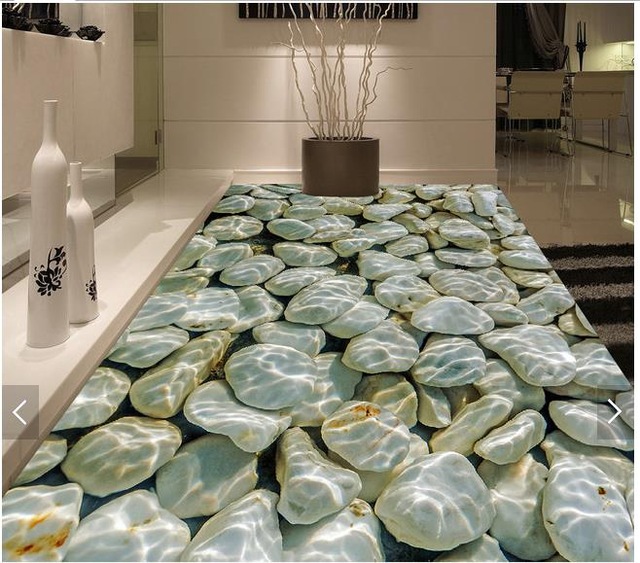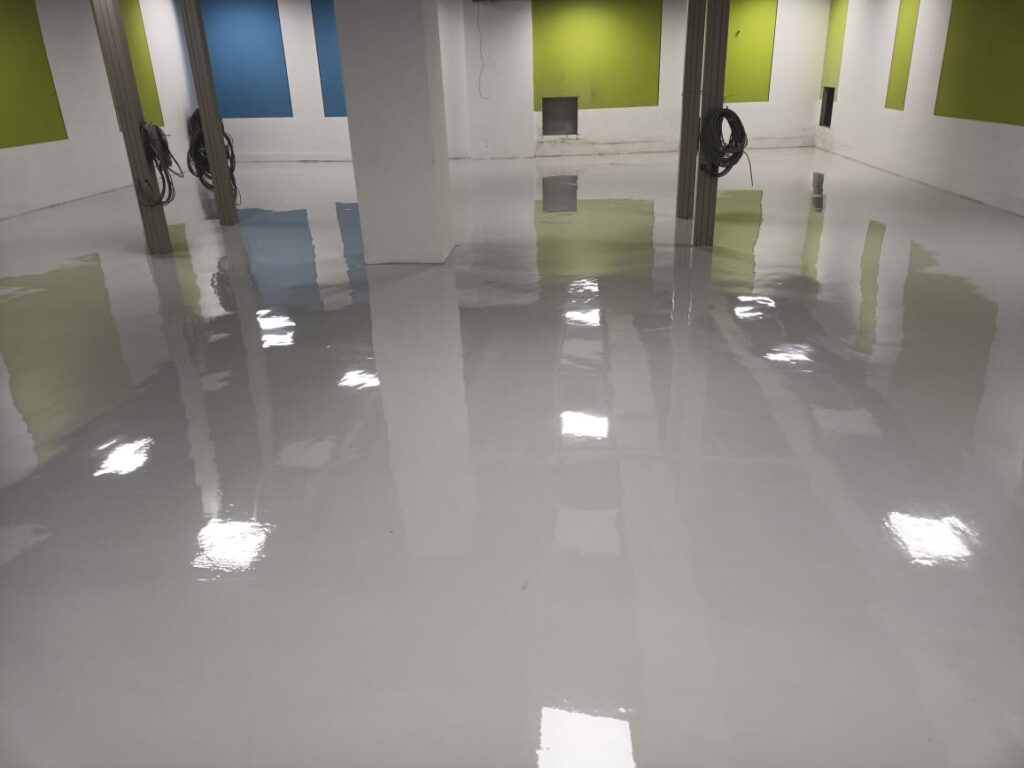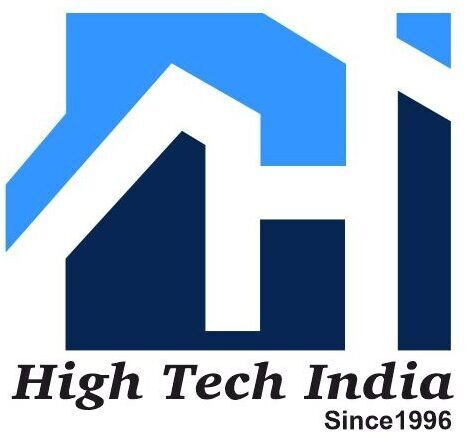Epoxy flooring in Chennai


Epoxy flooring in chennai is a durable, long-lasting surface coating that is applied to concrete floors to create a smooth, glossy, and highly resistant surface. Epoxy is a type of polymer material made from a mixture of resin and hardener, which, when combined, undergo a chemical reaction to form a solid, durable surface. This coating is widely used in both residential and commercial settings due to its versatility, strength and aesthetic appeal.
Epoxy Flooring Service Providers in Chennai
No matter your industry, if you are laying new concrete as a floor base or have an existing floor in need of an update, call Tri Polarcon for epoxy flooring in Chennai, Tamil Nadu. We offer the best solutions for your business.
Professional Epoxy Flooring Services
Our services are delivered by a skilled and trained team, using top-quality raw materials that adhere to both national and international standards. We specialize in a wide range of flooring solutions, including industrial epoxy flooring, epoxy coatings, ESD flooring, polyurethane (PU) flooring, PU coatings, dielectric flooring, antistatic coatings, epoxy coving, and car park flooring services.
Comprehensive Flooring Solutions
Hightechindia has been providing specialized flooring solutions in concrete coating, floor resurfacing, resinous flooring, and protective coatings, tailored to meet your budget and long-term requirements. We offer epoxy flooring services to industries across Chennai, Vellore, Srungattukottai, Siruseri, Sriperumbudur, Gummidipundi, Bergur, Nilakottai, Coimbatore, Palakkad, Ernakulam, Salem, and other regions of Tamil Nadu, all at competitive rates.
Trusted Epoxy Flooring Service Providers in Chennai
Contact us today to get more information about epoxy flooring costs in Chennai and discover how we can assist with your flooring needs. Trust Tri Polarcon for the most dependable and professional epoxy flooring services in Chennai.
